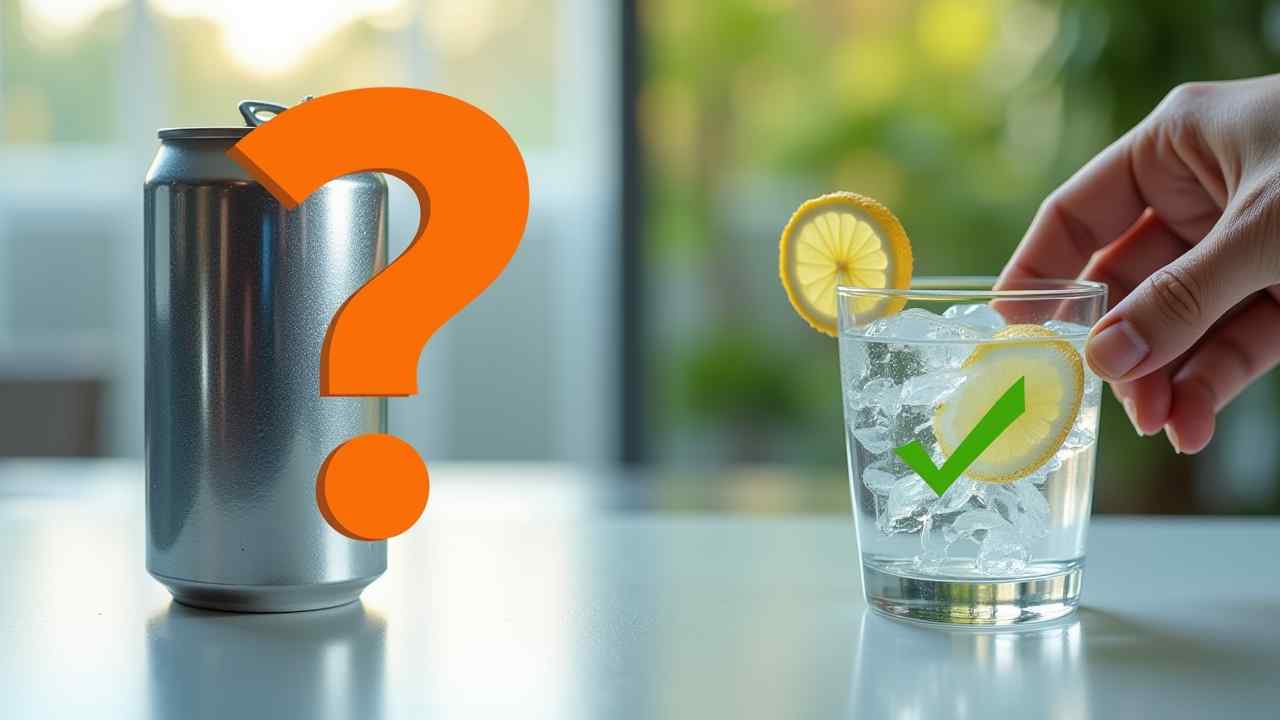
🥤 Does Diet Pop Give You Cancer? A Look at the Science
🥤 Does Diet Pop Give You Cancer? (A Guide to the Science) 🥤
The question of whether diet pop, also known as diet soda, can cause cancer has been a topic of debate for decades. Recent headlines have brought this concern back into the spotlight, leaving many people feeling confused and anxious. The central issue revolves around the artificial sweeteners used to make these drinks taste sweet without the calories.
So, does diet pop give you cancer? The scientific and regulatory answer is not a simple yes or no. While one agency has raised a flag, most major health organizations maintain that it is safe in moderation. This guide will break down the latest information to help you understand the real picture. ✅
Disclaimer: This article provides general health information. For personalized advice, always consult with your doctor or a registered dietitian.
🤔 What is the Source of the Recent Controversy?
The main controversy surrounds a very common artificial sweetener called aspartame. It is used in thousands of products, including Diet Coke, Coke Zero, and many others. In July 2023, a branch of the World Health Organization (WHO) called the International Agency for Research on Cancer (IARC) made a new classification.
The IARC classified aspartame as "possibly carcinogenic to humans" (Group 2B). This headline, understandably, caused a great deal of public concern. However, it is crucial to understand what this classification actually means.
- What Does "Possibly Carcinogenic" Really Mean?
The IARC's classification system is based on the strength of the scientific evidence, not on how dangerous a substance is. Group 2B is one of the lower-risk categories. It means there is "limited evidence" in humans and less than sufficient evidence in animal studies.
To put this in perspective, other items in the same Group 2B category include:
- Aloe vera extract
- Pickled vegetables
- Working in the textile industry
This does not mean that eating pickles will give you cancer. It simply means that, based on the available data, the IARC cannot rule out a possible link, however small it might be. It is a call for more research, not a definitive statement of danger.
- What Do Other Major Health Organizations Say?
This is the other side of the story. At the same time as the IARC's announcement, another expert committee of the WHO (JECFA) reviewed the same evidence. They concluded that there was no convincing reason to change the acceptable daily intake (ADI) for aspartame.
The FDA (U.S. Food and Drug Administration) and other major regulatory bodies around the world have also maintained their position. They state that aspartame is safe for the general population when consumed within the established ADI.
This ADI is very high. You would have to drink a huge number of diet pops every day (typically more than a dozen cans) to exceed it. This is far more than the average person consumes.
⭐ What's the Bottom Line for Your Health?
So, does diet pop give you cancer? Based on the current consensus from major regulatory bodies, the risk from moderate consumption is considered extremely low, if it exists at all. The evidence is not strong enough to establish a direct causal link.
However, from a nutritional standpoint, diet pop offers no benefits. It has no vitamins or minerals. While it is a better choice than a sugary soda, the healthiest drink is always water. A refreshing glass of water or a Turkish ayran is a much more nourishing choice.
The final takeaway is this: while a diet pop once in a while is unlikely to cause harm, making water your primary beverage is always the best choice for your overall health. 💧